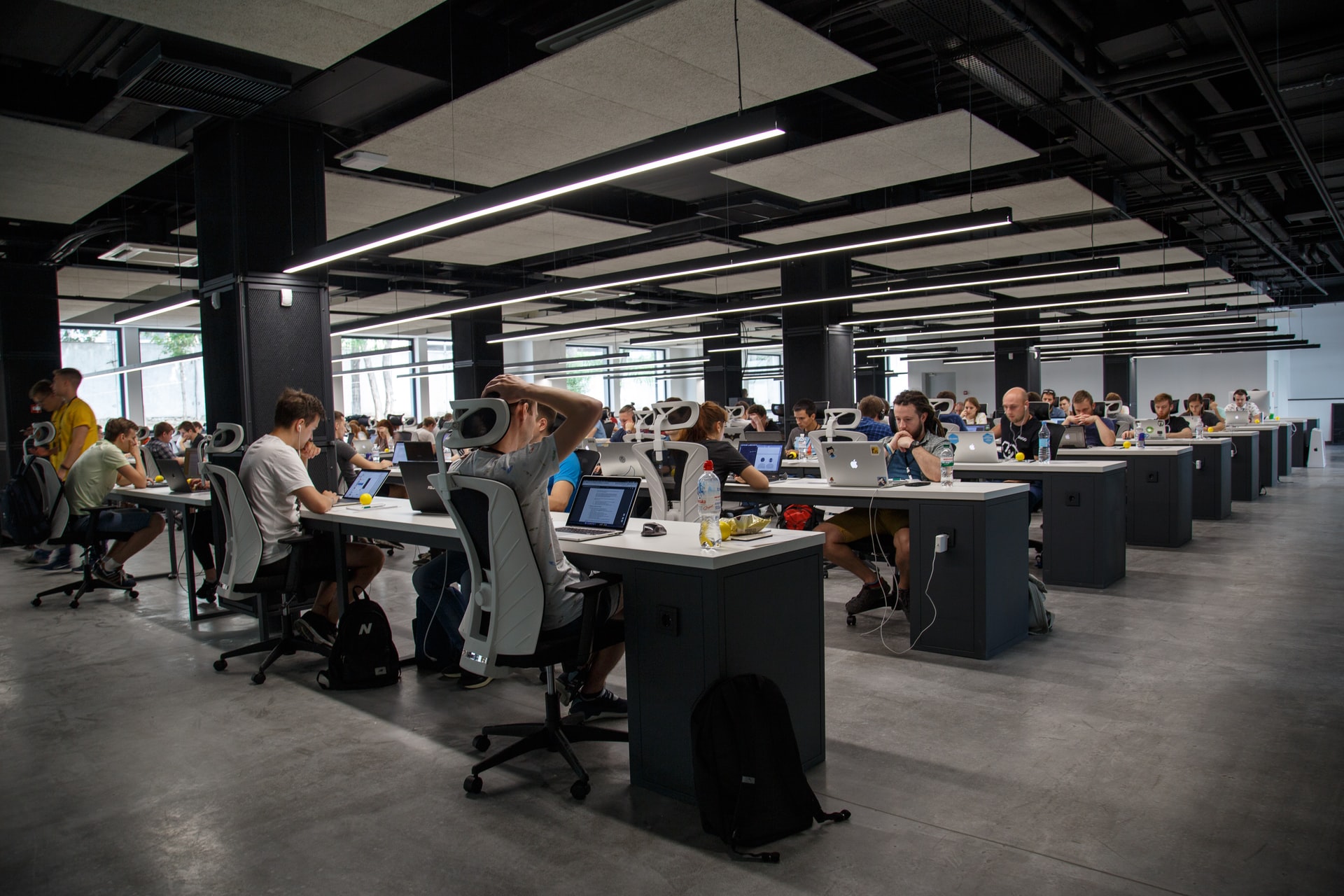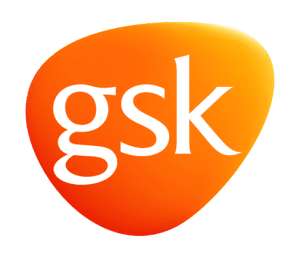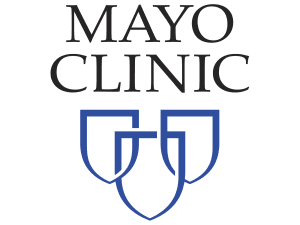Physical and Mental Workload
The physical and emotional cost of ergonomic hazards can haunt workers for the rest of their lives. Determining how humans perform under different cognitive conditions can result in safer, more agile, and less error-prone environments. Use iMotions to detect human nonconscious responses for a better understanding of mental workload, physical exertion, and accident prevention.
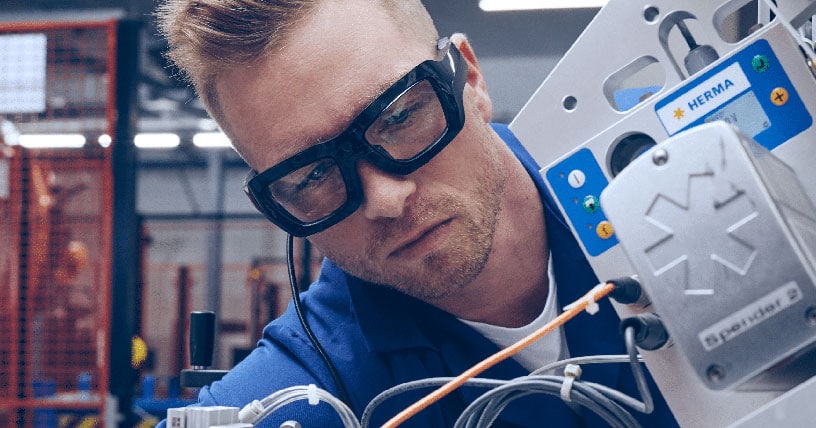
Occupational & Operator Safety
Biosensors like eye trackers and EEG can also provide insight into where operators get distracted or stressed in human-machine interactions, or test protocols in emergency situations. Detect responses and their causes in vehicles, interfaces or machines to assess and understand where users are looking and what they fail to see, and study how users are perceiving and responding to new devices and solutions.
Measure Well-being and Stress
iMotions lets you customize data capture to visualize psychophysiological responses and derive indications of stress, blink rate, or frustration when they’re happening. We measure stress and well-being through EEG or brainwaves, skin conductance, and Heart Rate Variability.
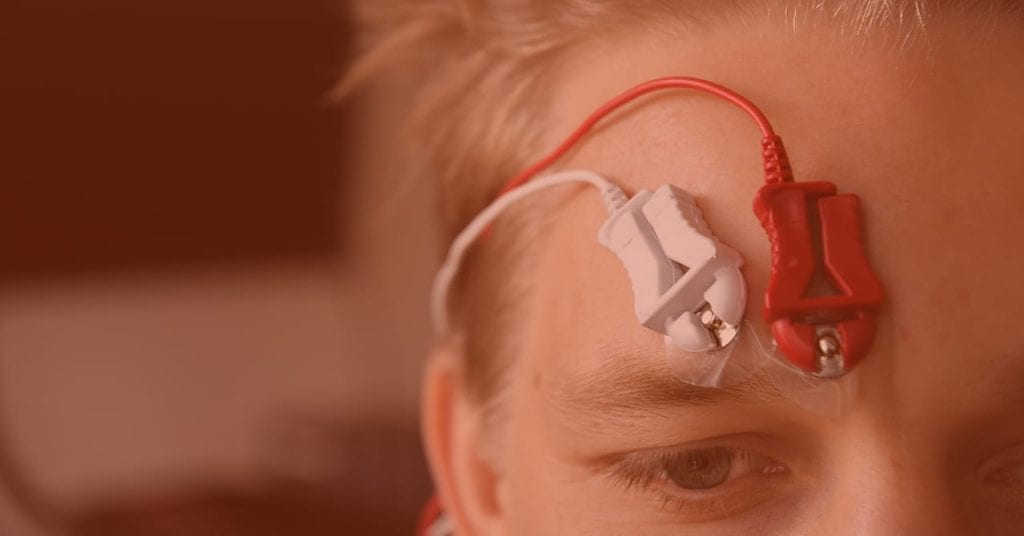
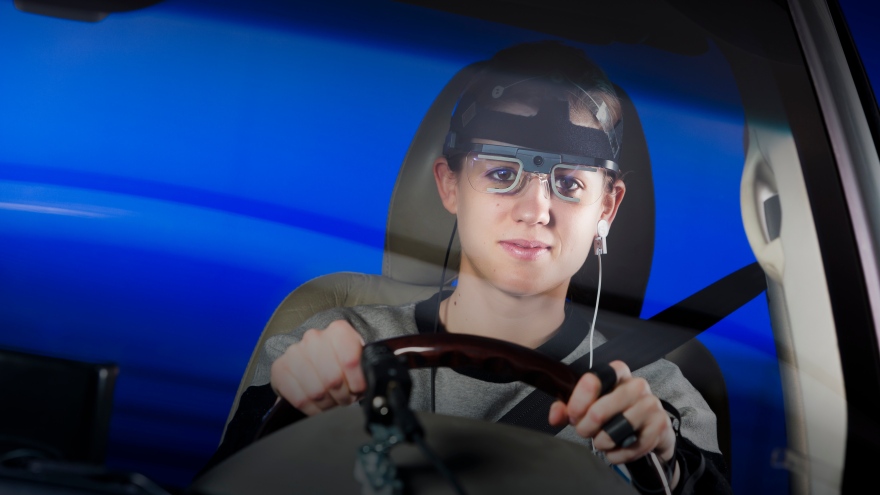
VR & Simulations
Gathering data on how people act and react in simulations can unlock insights in situations that may be impractical, dangerous, or even impossible to carry out were it not for virtual reality. Measuring human behavior in VR and simulations optimizes not only user experiences but also safety, training and even medical treatments.
Connecting biosensors in iMotions gives you comprehensive real-time data, so you can detect reactions to virtual scenarios. From measuring cognitive workload for improving driver or pilot efficiency, to detecting levels of emotional arousal during VR gaming experiences, iMotions surfaces instant data that gets you to quicker, more actionable conclusions.
Training and Performance simulations
Improving automotive safety and performance with biosensors in driving simulations
Watch how iMotions made it faster and easier for the DEPICT-LAB to conduct studies


